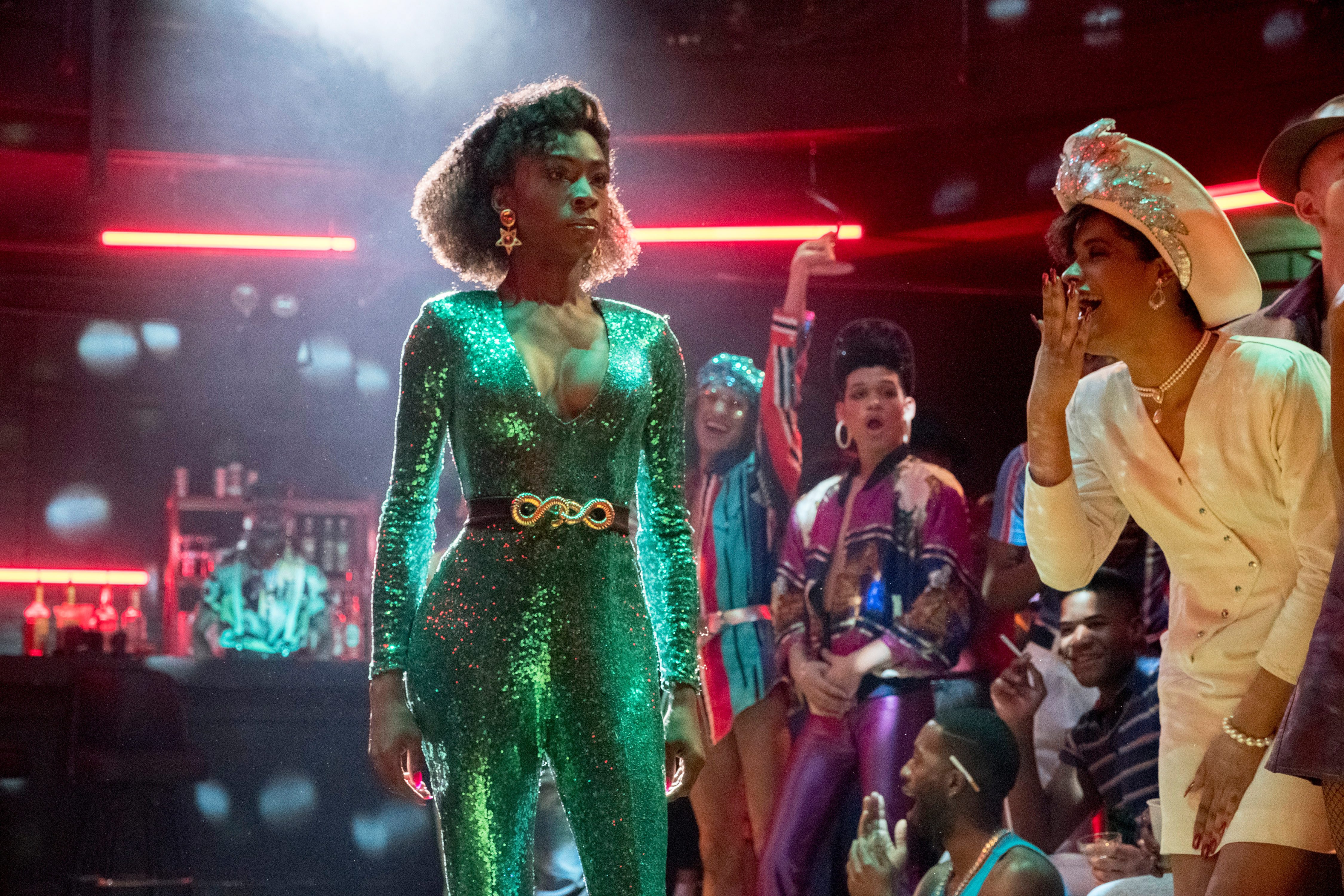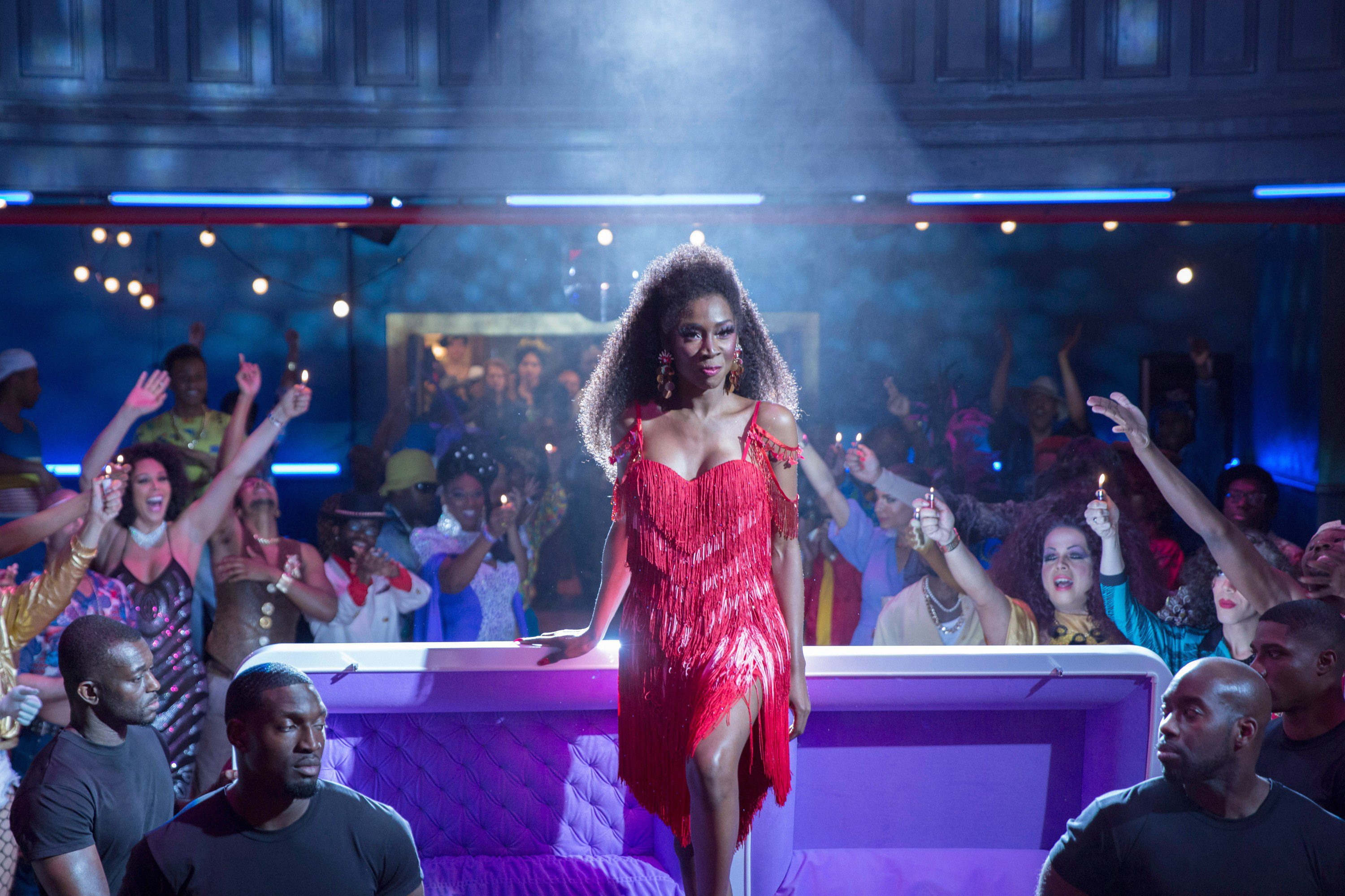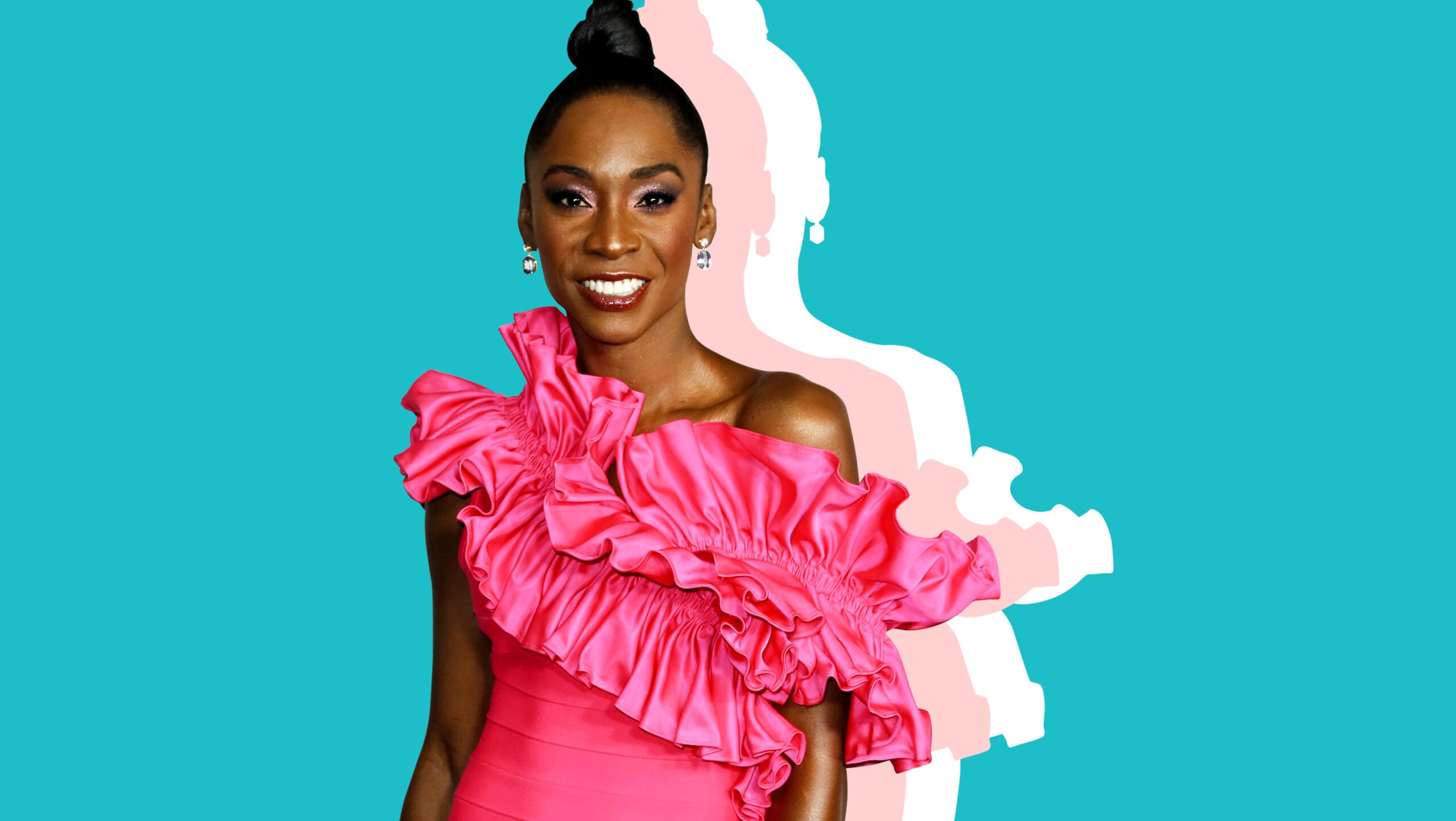It would be an understatement to say that Angelica Ross is currently living her best life. From Pose to American Horror Story, Ross has made herself a household name by not only choosing to walk authentically in her truth but by speaking it as well. With a powerful mission to add a positive representation of trans women on television, she continues to use her work to center conversations around the liberation and success of Black trans people.
Xtra spoke with Ross at the 15th Annual Queer Trans People of Colour Conference at the University of California, Riverside near Los Angeles, where Ross was a guest speaker. She opened up about her journey, her success and the importance of being an “accomplice” in a time when Black trans women are under attack.
How did you land the role of Candy Ferocity on Pose?
I learned so much. The first lesson was to say “yes” more than I say “no,” at least to opportunities. Obviously, the more you say “yes” the more you will have to say “no.” I am so glad that I said yes to Pose when I did. There is this saying, “What’s for you won’t pass you by.” And that’s what happened with this show.
I auditioned for the role of Blanca but I didn’t really want to land it, because I thought that it wasn’t really for me. Still, I went for it anyway. What I didn’t know was that they were using that part to cast other roles. I worked with an acting coach… and we manifested it. She was a senior Buddhist at my organization. She told me, “This is yours.” She said that I was gonna change people with the role.
“I come from the school where there is no such thing as small actors, only parts.”
When I found out I didn’t get the role, I was devastated. But they later called me back and told me that they created the role of Candy for me. Some people thought it was a small role, but I come from the school where there is no such thing as small actors, only parts. So they gave me what they gave me and I made the most out of it.
What’s your favourite look from the show?
There are so many looks I loved! But my favourite Candy look was from Season 1, Episode 4 when Candy basically tells Elektra that she doesn’t get to define her and she walks out in that green jumpsuit? Bitch, I almost stole it!

Angelica Ross in ‘The Fever’ (Season 1, Episode 4 of ‘Pose’, aired June 24, 2018). Credit: JoJo Whilden/© FX/courtesy Everett Collection
On being authentic in Hollywood:
Authenticity is really important in my roles and in my life, period. I believe that as trans people, when we begin transitioning, it is a master class in authenticity. Because we know without makeup, without all the tricks and all the other things, whatever they are, we know who we are. We know our strengths, our weaknesses. We stare at ourselves in the mirror every day as we transition. So for many of us, we know where we started from.
But this industry is like an illusion. It’s built on reputations and names that can get people messed up. I think sometimes people get caught up in these things and not knowing how to embrace them and let them go. I did drag in Chicago and I think that process helped me to understand the industry a little more. As long as you have a core of authenticity, you won’t get lost in the things around you. Because as they say: Not everything that glitters is gold.
“As trans people, when we begin transitioning, it is a master class in authenticity.”
What does being an “accomplice” mean to you?
To be an accomplice, to be right there with trans women, means that you will be ready to pick up a rock. That’s what it takes. I need to know that you are going to pick up a rock and not be ready to run. So, talking about privilege, the folks who don’t have to worry about needing to fight—how about you be ready, too? That’s what it means to me. I need folks to be ready.
On facing the challenges in the industry
There’s obviously a lot of challenges because Black women are often only seen as side characters. Black women sometimes are oversexualized, often only given the prostitute role. In mainstream films, we [portray the lead characters’] best friends. So it’s still in a place where being Black and trans in Hollywood is interesting because I feel like [Pose co-creator] Ryan Murphy gave me a pass to a party that my own community didn’t invite me to. But I realize that in my work it’s about showing Black and trans people who aren’t just living but we are being as revolutionary as possible.

Credit: Eric Liebowitz / ©FX / Courtesy Everett Collection
What have you learned about dating as a Black trans woman?
I’ve learned a few things. Past relationships taught me what I didn’t want. It also taught me a lot about anti-Blackness. And it taught me what it is like to not just be in a relationship because I am vying for some form of privilege. What people have to understand is that when you are dating, you are dating a mirror. Everyone you date is the consumer who reflects you: What you want, where you are at and what you are willing to accept or what you want to accept. You have to ask yourself what are your deal breakers and who—or what—you want to take you and your journey seriously. And please, don’t confuse work for a relationship. Make sure you hold onto yourself and do not settle.
What brings you joy?
What ultimately brings me joy is to know that I am being used to my fullest capacity. It brings me joy to know that I am doing what I am supposed to do. The reflection in people’s eyes when I meet people, when I come to events, when I hear how Pose has changed people’s lives—when I get that feedback and that response, it’s the universe that is reminding me of that joy. I also chant to stay in the highest power. I am taught that I have the responsibility to respond. So with that, I am responding to the many blessings I am being given.
This interview has been edited for length and clarity.


 Why you can trust Xtra
Why you can trust Xtra


